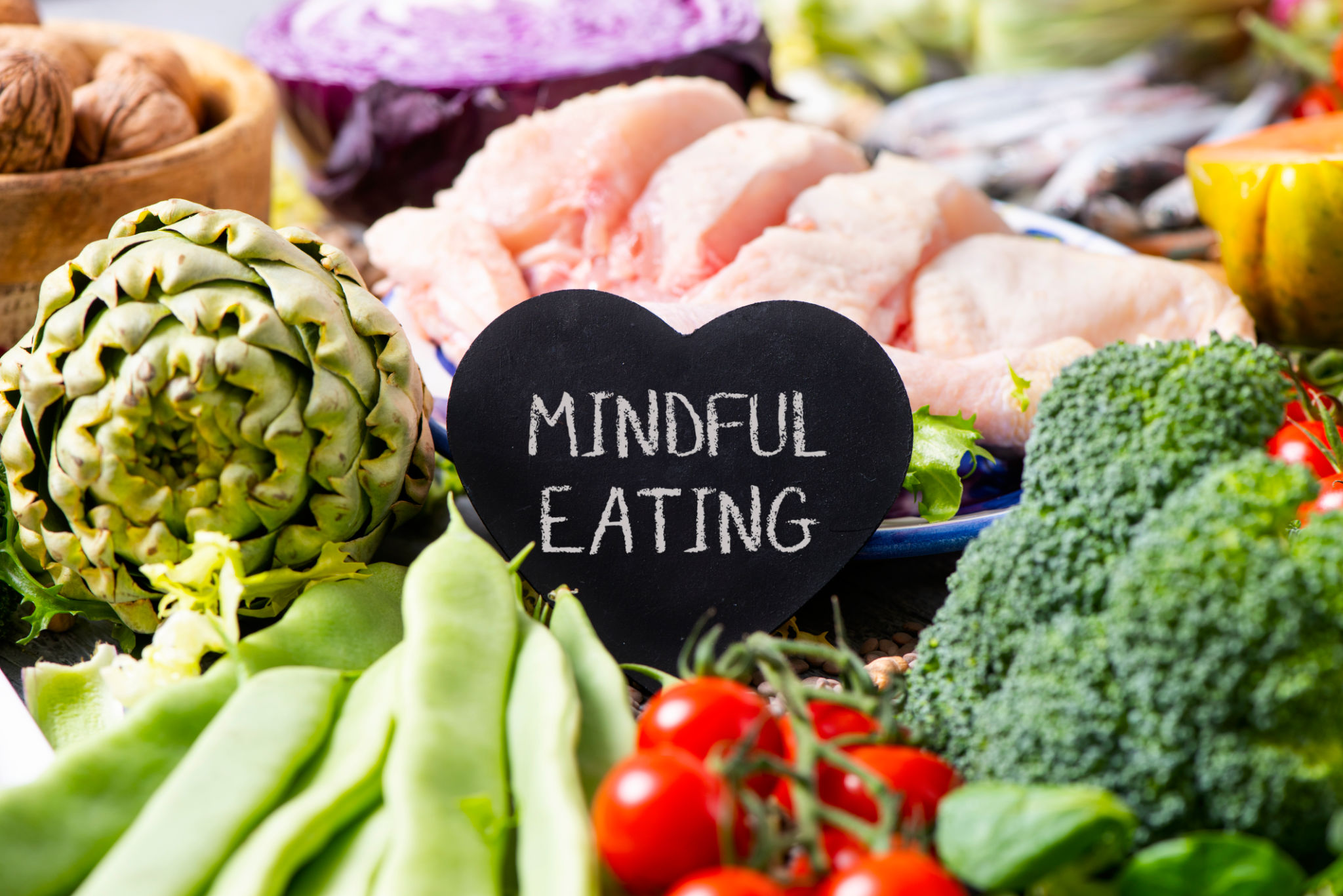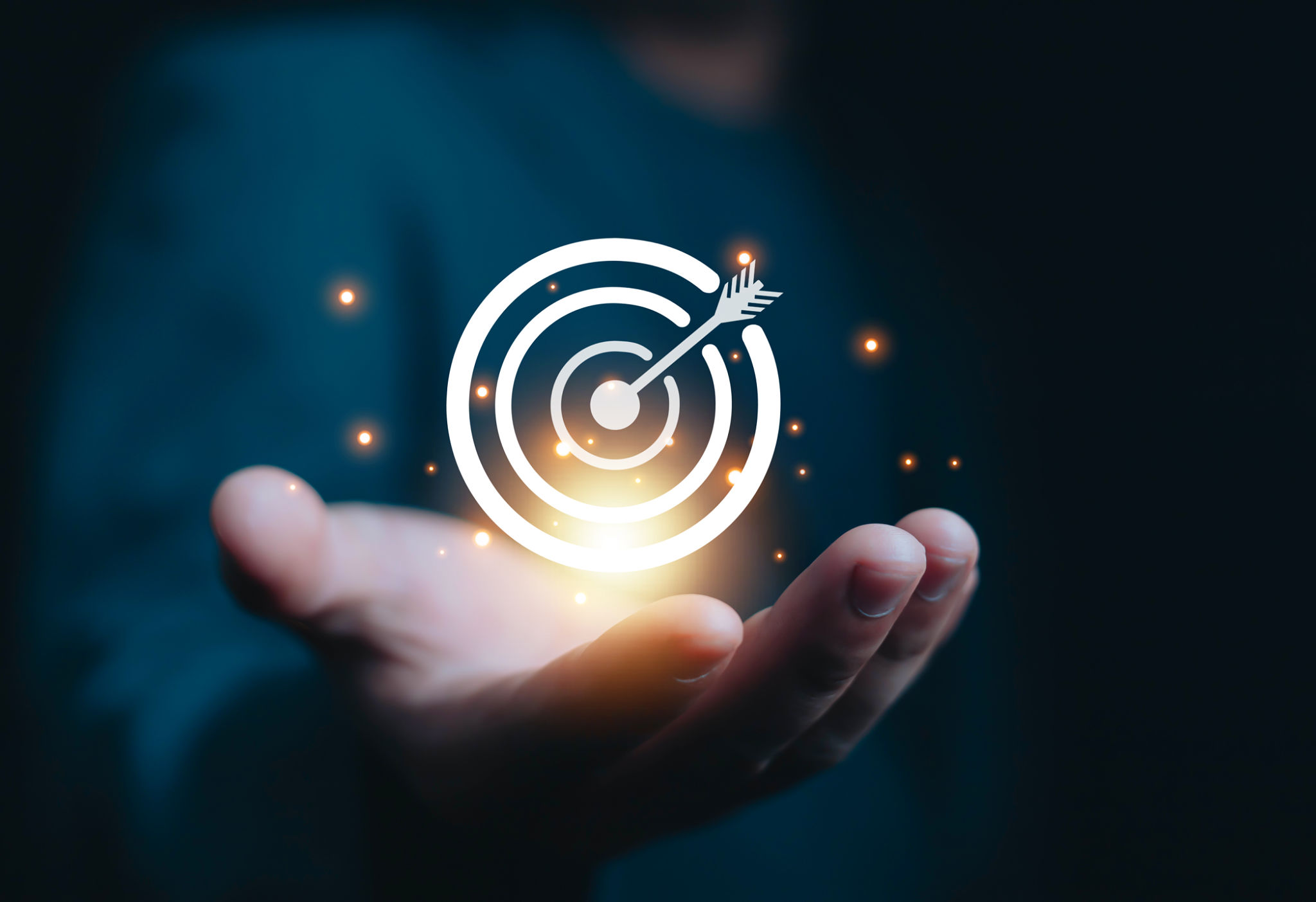Mastering Mindfulness: A Comprehensive Guide for Personal Growth
Understanding Mindfulness
Mindfulness is more than just a buzzword; it's a powerful tool that can transform your life. At its core, mindfulness is about being fully present in the moment, aware of where you are and what you're doing, without being overly reactive or overwhelmed by what's happening around you. While it might sound simple, achieving true mindfulness requires practice and dedication.
One of the key benefits of mindfulness is its ability to reduce stress. By focusing on the present moment, you can let go of worries about the past or future. This not only enhances your mental well-being but also positively impacts your physical health.

Practicing Mindfulness Daily
Incorporating mindfulness into your daily routine doesn't have to be complicated. Start by setting aside a few minutes each day to practice mindful breathing. Sit comfortably, close your eyes, and focus on your breath as it flows in and out. If your mind wanders, gently bring your attention back to your breath.
Another way to practice mindfulness is through mindful eating. This means paying full attention to the experience of eating and drinking, both inside and outside the body. Notice the colors, smells, textures, flavors, temperatures, and even the sounds of your food.

The Role of Meditation in Mindfulness
Meditation is often closely associated with mindfulness and for good reason. It provides a structured environment to practice mindfulness techniques. There are various forms of meditation, such as guided meditation, mantra meditation, and loving-kindness meditation.
To get started with meditation, find a quiet space where you won't be disturbed. Sit or lie down in a comfortable position and start with a short session of five to ten minutes. Gradually increase the time as you become more comfortable with the practice.

Mindfulness Techniques for Personal Growth
Mindfulness can also be a powerful tool for personal growth. By cultivating a mindful mindset, you can develop greater self-awareness, which is crucial for personal development. Self-awareness allows you to understand your emotions, thoughts, and behaviors more clearly.
- Journaling: Keeping a daily journal can help you reflect on your experiences and gain insights into your thoughts and emotions.
- Gratitude Practice: Regularly acknowledging things you're grateful for can shift your focus from what's lacking to what you have.
- Acknowledging Triggers: Being mindful of situations that trigger negative emotions can help you address them more effectively.

Overcoming Challenges in Mindfulness Practice
Like any worthwhile endeavor, practicing mindfulness comes with its challenges. It's common to feel frustrated when your mind wanders or when progress seems slow. Remember that mindfulness is a journey, not a destination.
To overcome these challenges, be patient and kind to yourself. Recognize that it's normal for the mind to wander and gently guide it back without judgment. Consistency is key; try to practice mindfulness every day, even if only for a few minutes.
The Long-Term Benefits of Mindfulness
The benefits of mindfulness extend far beyond stress reduction. Long-term practice can lead to improved focus, better decision-making skills, and enhanced emotional resilience. It can also improve relationships by fostering empathy and communication.
As you integrate mindfulness into your life, you'll likely find that it becomes an indispensable tool for navigating the complexities of modern life. By staying present and aware, you can live more fully and authentically.

